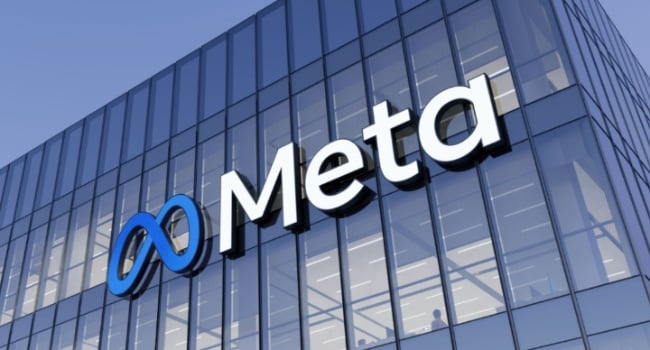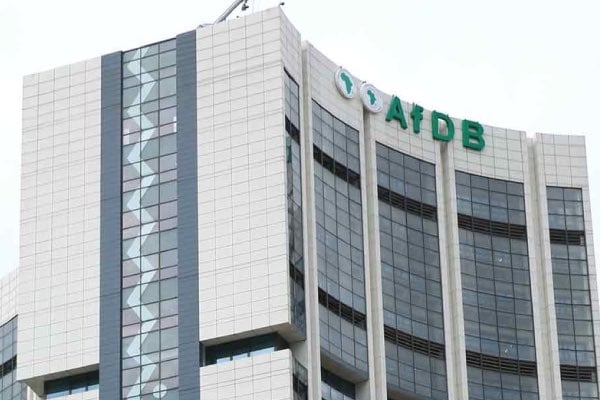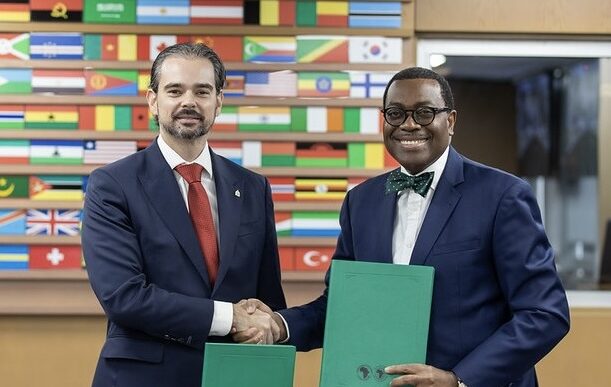The Lagos Chamber of Commerce and Industry (LCCI) has commended the Central Bank of Nigeria (CBN) for its decision to maintain the monetary policy rate (MPR) at 27.5 percent, describing it as a step toward easing credit costs for businesses.
On Thursday, the monetary policy committee (MPC) of the CBN retained the MPR which benchmarks interest rates in the country after 15 consecutive increases since May 2022.
CBN’s decision to hold the MPR followed a report by the National Bureau of Statistics (NBS) on Tuesday that Nigeria’s inflation rate dropped to 24.48 percent from 34.8 percent, after rebasing the consumer index price (CPI).
In a statement on Friday, Chinyere Almona, director-general (DG) of LCCI, said the prolonged high interest rates had strained businesses seeking loans for operations and expansion.
Advertisement
“We look forward to seeing a persistent focus on fighting the fundamentals that have contributed to rising inflation that has occasioned the hiking of rates as a form of response,” Almona said.
The LCCI DG stressed that keeping the MPR unchanged provides a level of policy stability, which can boost investor confidence and improve economic planning in the short term.
Almona said the decision aligns with a gradual approach to managing inflation, stabilising prices without causing sudden disruptions to borrowing costs, particularly in a market where credit access is already constrained.
Advertisement
“However, there are notable challenges associated with this decision. High interest rates sustain elevated borrowing costs, making it difficult for small and medium-sized enterprises (SMEs) to access affordable credit, which can hinder economic expansion and job creation,” she said.
“The decision to hold the MPR steady underscores the need for complementary fiscal and structural reforms to support monetary policy efforts. The government must prioritize measures that enhance local production, improve supply chains, and boost economic resilience.”
Almona said implementing policies to reduce energy costs, improve infrastructure, and facilitate trade will be crucial for businesses to survive and grow amid ongoing macroeconomic challenges.
‘INFLATION REBASING DOES NOT EASE COST OF LIVING’
Advertisement
Almona also reacted to the recent recalibration of the CPI methodology by NBS, which saw inflation drop from 34.8 percent in December 2024 to 24.48 percent in January 2025.
While acknowledging that the rebasing offers a more updated measure of economic conditions, she cautioned that it does not necessarily translate to immediate relief from rising costs in practical terms.
“The reality remains that many businesses and households continue to grapple with high costs of goods and services,” the LCCI DG said.
“Moreover, while the rebased inflation rate appears statistically lower, it does not translate to a tangible reduction in the cost of living, as many Nigerians still struggle with high prices for essential goods and services.”
Advertisement
Almona urged the government to avoid complacency over the rebased inflation figures and remain focused on tackling key inflationary pressures.
“The fundamental variables that have driven inflation upwards for months, like insecurity, high cost of energy, burdening cost of logistics and imports, and a volatile FOREX market, must be kept under close watch for targeted interventions,” she said.
Advertisement
Almona also stressed that while inflation rebasing is necessary for statistical accuracy, the real measure of progress will be in how well economic fundamentals improve over time.
The private sector, Almona said, looks forward to continued engagement with policymakers to ensure that monetary and fiscal policies are aligned toward sustainable economic growth, and improved living conditions for Nigerians.
Advertisement
She urged the CBN and relevant authorities to ensure that monetary policy decisions remain responsive to the realities of businesses and consumers.
While statistical adjustments offer a more accurate view of economic performance, the DG stressed the need for tangible actions to curb inflation, foster business growth, and promote inclusive economic development.
Advertisement
Almona reaffirmed LCCI’s commitment to engaging stakeholders and advocating for policies that will foster a more resilient and thriving Nigerian economy.
Add a comment










